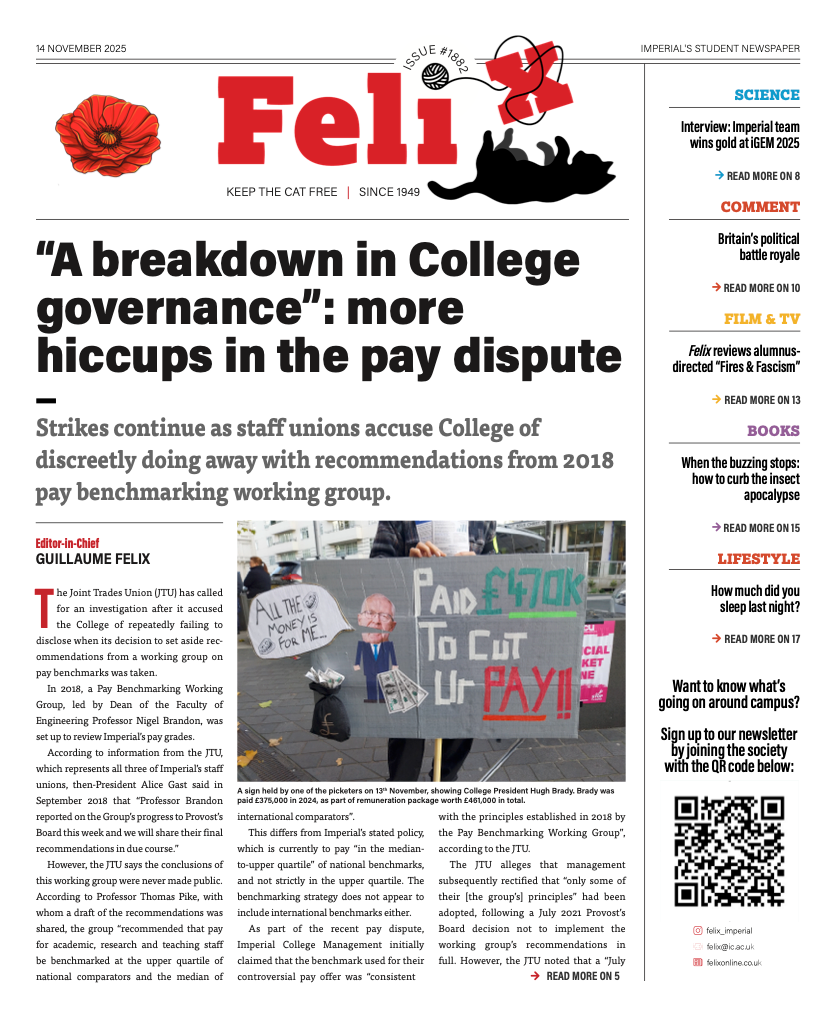Everybody Scream: a review
A look at Florence and the Machine’s extraordinary new album.
I always have high expectations for Florence and the Machine albums. They always deliver. Everybody Scream, released on 31st October, is no exception. The band stays true to its witchy indie rock vibes, and I enjoyed the choral chanting in many of the songs. There is a strong eldritch theme to the album and lead vocalist Florence Welch leans into the perception of an ambitious and powerful woman as a monster, a witch, with songs like “Kraken” and “Witch Dance”. The album shines a light on the sacrifices involved required to be a female rockstar, from the loss of relationships to personhood.
Florence strikes a balance between belted, almost operatic moments and her trademark breathy sound. It creates an almost divine and supernatural feeling when paired with the complex choral harmonies in “Drink Deep”. My personal favorite is “Sympathy Magic” which combines a synthy bridge and punchy beat with lots of Florence’s vocal experimentation.
The album is a poignant reflection on the female experience from Florence’s ambitious and successful perspective. It ranges from the formidable powerful and unapologetic to the needy and vulnerable. The slow buildup of “You Can Have it All,” where the limited backing track and desolate lyrics transition into a belted and climactic chorus, where Florence boldly declares that “you can have it all” listing “a piece of flesh, a million pounds,” and then, as if calling out the listener, asks “am I a woman, now?”. The titular track “Everybody Scream” features the singer controlling the crowd that makes up a large part of the backing track. Their screams punctuate the chorus and give the recording the feeling of a live performance.
The spoken sections within a couple of the songs falls flat at times – like in some verses of “Witch Dance” and “One of the Greats” – less so because the poetry was uninteresting and more because they disrupt the flow and musicality of the songs.
I recommend listening to this album in order (don’t let Spotify shuffle it for you!) as the arrangement of the tracks is intentional, to transition from moments of exaltation to quiet reflection. Interspersed between power ballads are quiet songs of healing like “And Love” and “Perfume and Milk.” The whole album is a mythical combination of rage and optimism, and a radical acceptance of the complexity of the human experience through a female lens.










